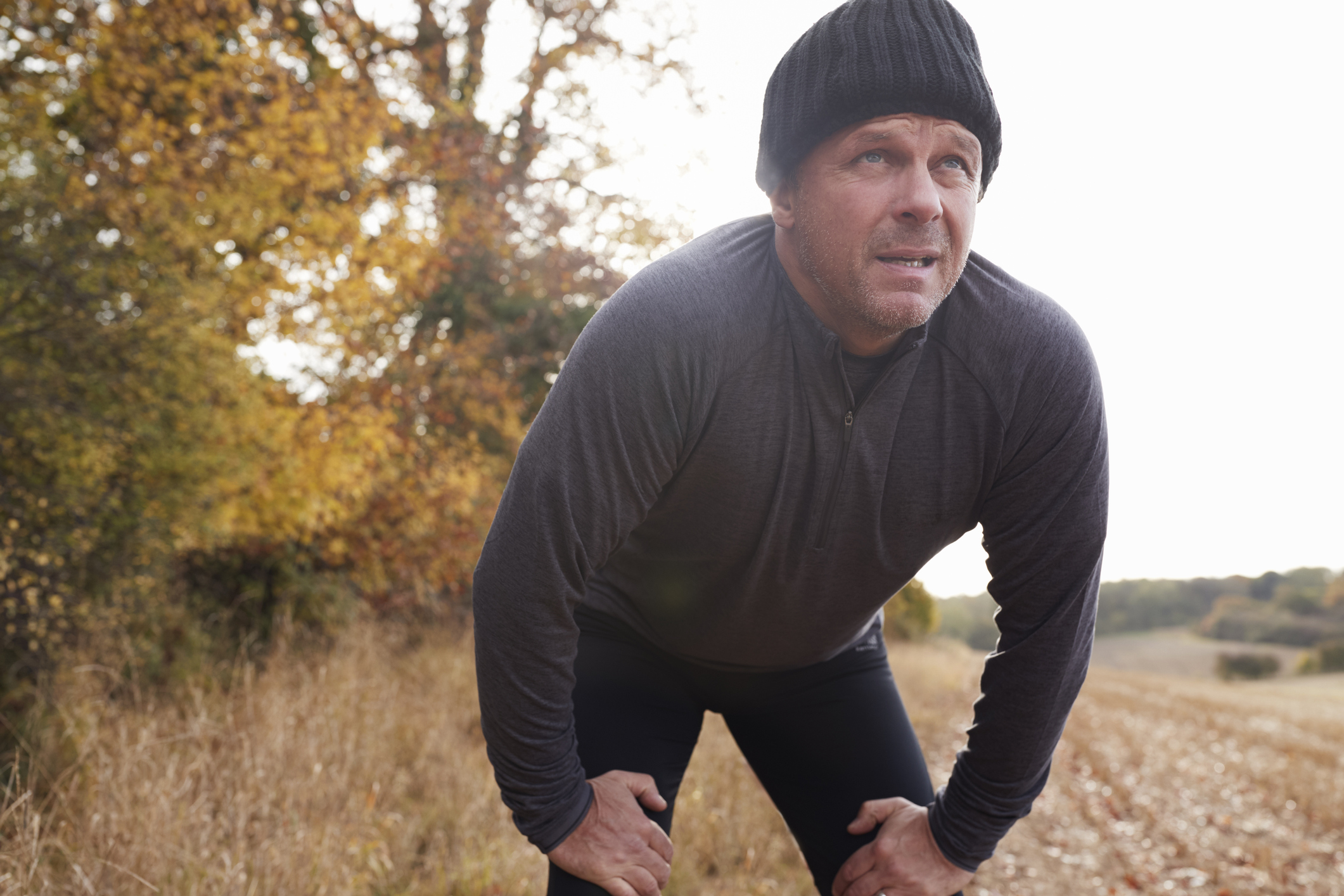Get Easy Health Digest™ in your inbox and don’t miss a thing when you subscribe today. Plus, get the free bonus report, Mother Nature’s Tips, Tricks and Remedies for Cholesterol, Blood Pressure & Blood Sugar as my way of saying welcome to the community!
Short of breath? It could be COVID-19 heart damage

It seems that Covid-19 always has an unwanted surprise up its sleeve.
From the initial wave to the subsequent variants, like Delta and Omicron, and ever-expanding symptoms, something new is always around the corner.
Just in the past two years, we’ve learned that Covid can attack the tiny hairs in your ears and lead to hearing loss. We now know that your blood type can increase your risk of contracting the virus.
We’ve found out the hard way that long Covid is actually longer and far more common than we once thought.
Scientists have told us that the symptoms that long haulers suffer are due to “micro-clots”.
And just when you thought there couldn’t be any more, Covid had one more surprise waiting — heart damage.
Why you should check progress at one year
In fact, researchers from University Hospital Brussels, Belgium have now found that if you continue to be short of breath during physical activity one year after recovering from Covid-19, you may have suffered damage to your heart.
These findings may finally explain why some people with long Covid simply continue to be short of breath long after the infection has cleared.
Their study followed up on 66 patients, none of whom had previous heart or lung disease. The only thing they had in common was that they had to be hospitalized thanks to the virus.
The team then tested each patient at the one-year mark post-recovery using spirometry (that old blow into a tube to see if you can lift a tiny ball with your breath) and CT scans to assess lung function.
They also took a good hard look at each person’s heart function using cardiac ultrasound.
So what did they discover?
Well, a frightening 35 percent were still living with shortness of breath after a full year had passed.
And sure enough, poor heart function and shortness of breath went hand in hand.
Those cardiac imaging tests revealed poorer heart performance in patients with shortness of breath versus those without.
The researchers say that the imaging allowed them to observe “subtle abnormalities (of the heart) that might explain the continued breathlessness.”
In other words, the people with long-lasting shortness of breath after Covid had suffered heart damage.
Heart health steps you can take today
Studies have already shown that women with long Covid need extra help regaining their activity levels, so this isn’t too surprising.
If you have had Covid and recovered, but not fully, and are still living with breathlessness, make sure you’re doctor is aware. The researchers felt that “Myocardial work could be a new echocardiographic tool for early identification of heart function abnormalities in patients with long COVID-19, who might need more frequent and long-term cardiac surveillance.”
You can also take steps now to support your heart health, regardless of your Covid status. The American Heart Association offers 10 steps to keeping your heart healthy that we should all be following.
For additional help for your heart, consider omega-3s, which have been shown time and again to provide serious heart and blood vessel support.
Finally, be sure to get a daily dose of one of the most important nutrients for the heart, CoQ10. It’s so vital that the Mayo Clinic recommends taking CoQ10 for people who have undergone heart surgery. You can find it in foods like grains, oily fish and organ meat. But to make it simple, you can also grab it in supplement form.
However, if you go the supplement route, I recommend choosing a completely soluble, liquid crystal-free ubiquinol CoQ10, which is more easily absorbed in the body. By age 40, natural CoQ10 levels decline partly because it’s harder for the body to convert it from food sources to its active form.
Editor’s note: There are perfectly safe and natural ways to decrease your risk of blood clots including the 25-cent vitamin, the nutrient that acts as a natural blood thinner and the powerful herb that helps clear plaque. To discover these and other secrets of long-lived hearts, click here for Hushed Up Natural Heart Cures and Common Misconceptions of Popular Heart Treatments!
Sources:
Coenzyme Q10 — Mayo Clinic
Breathlessness in patients with long COVID may signal heart problems — EurekAlert!














